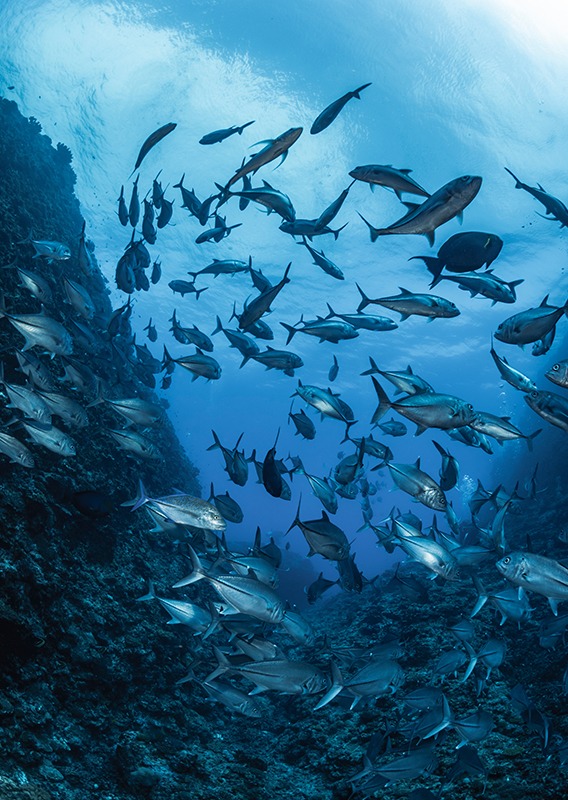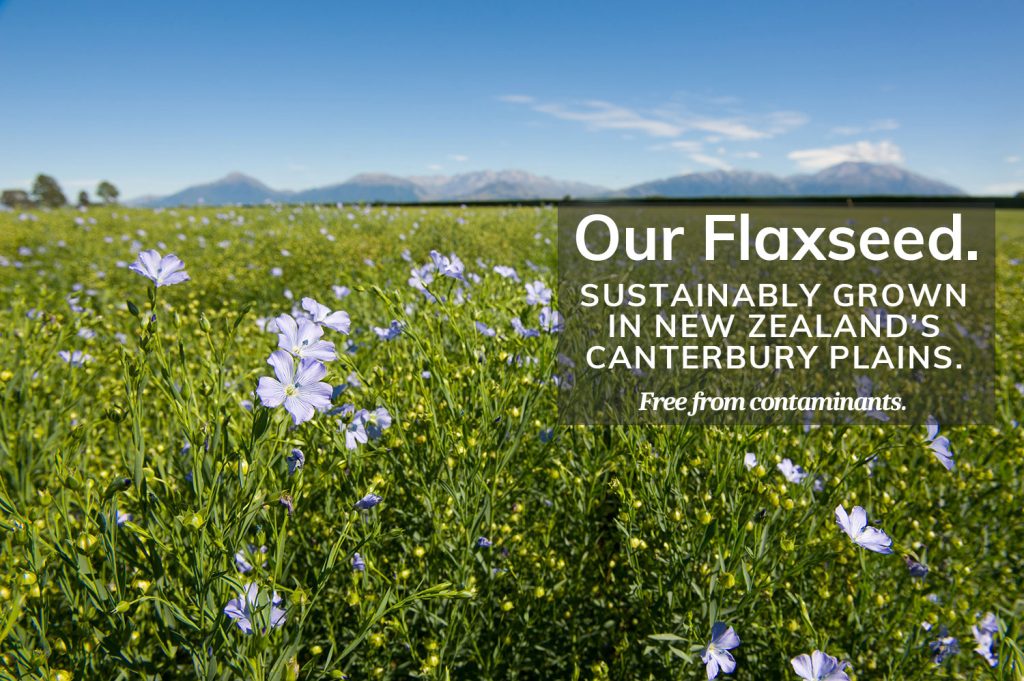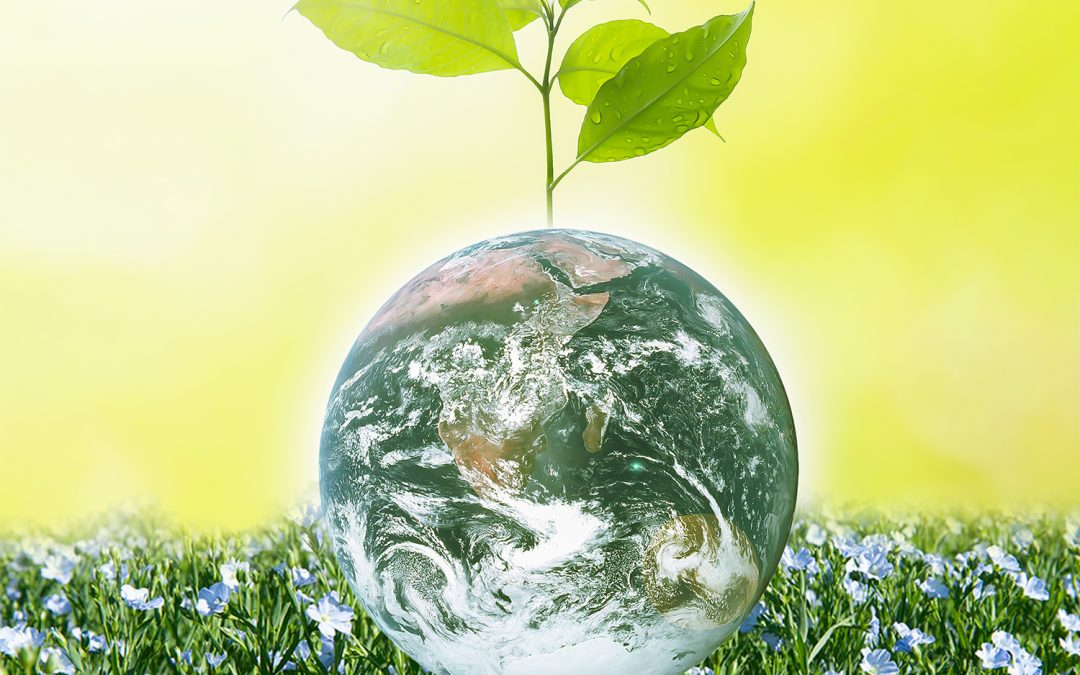For these reasons, in comparison to fish oils, flaxseed oil has major advantages making it a far more sustainable product for consumption of omega-3s and omega-6s than fish and krill oils.
What is “sustainability”?
One of the most widely used definitions is: “meeting the needs of the present generation without compromising the ability of future generations to meet their own needs.” Sustainability involves the interaction we have as humans with our planet and making choices and taking actions that support the environment (and society and economy) for generations to come.
SUSTAINABILITY: “The property of being environmentally sustainable; the degree to which a process or enterprise is able to be maintained or continued while avoiding the long-term depletion of natural resources”. [Oxford English Dictionary].

Fish oil can potentially contain contaminants such as heavy metals (e.g., mercury), PCBs, and dioxins, which may be present in fish due to pollution in their habitats.
Flaxseed oil provides greater sustainability than fish oil
Renewable Plant Source: Flaxseed oil is produced from seeds of the Linum usitatissimum flax plant which can be sustainably cultivated. This includes crop rotation, monitoring of soil health, non-GMO practices and fewer resources used in its production compared to the harvesting of fish for fish oil production.
Lower Environmental Impact: Flaxseed requires fewer pesticides and fertilizers compared to many other crops. It is generally a resilient plant that can grow well with minimal intervention, reducing the potential negative impact on the environment. Fish oil production in comparison involves fishing practices that can contribute to overfishing and the depletion of fish populations. It can also result in bycatch, habitat destruction, and environmental pollution.
Stability of Flaxseed Supply: Flaxseed cultivation can be relatively stable and predictable compared to fish populations, which can fluctuate due to various factors such as climate change, pollution, and overfishing. The availability of flaxseeds for oil production is less prone to significant variations.
Reduced Risk of Contaminants: Fish oil can potentially contain contaminants such as heavy metals (e.g., mercury), PCBs, and dioxins, which may be present in fish due to pollution in their habitats. Flaxseed oil is less likely to have such contaminants as flaxseeds are generally not subject to the same level of environmental contamination.

Water Efficiency: Flaxseed is a relatively low-water crop and can adapt well to different climates. It also requires less irrigation, making it very water-efficient.
Soil Health: Flaxseed is known for its positive impact on soil health. It has a deep root system that helps improve soil structure and water retention capacity. Additionally, it can break up compacted soil, reducing erosion and enhancing the overall health of the soil.
Biodiversity: Flax is a versatile plant that can be grown alongside other crops or in rotation systems. This practice promotes biodiversity and helps reduce the risk of pest and disease outbreaks, as well as enhancing the overall resilience of agricultural systems.
Multi-Purpose Crop: Flaxseed is used for various purposes, including food, feed, and fiber production. Utilizing multiple parts of the plant reduces waste and maximizes its potential, making it a more sustainable choice.



See what others say